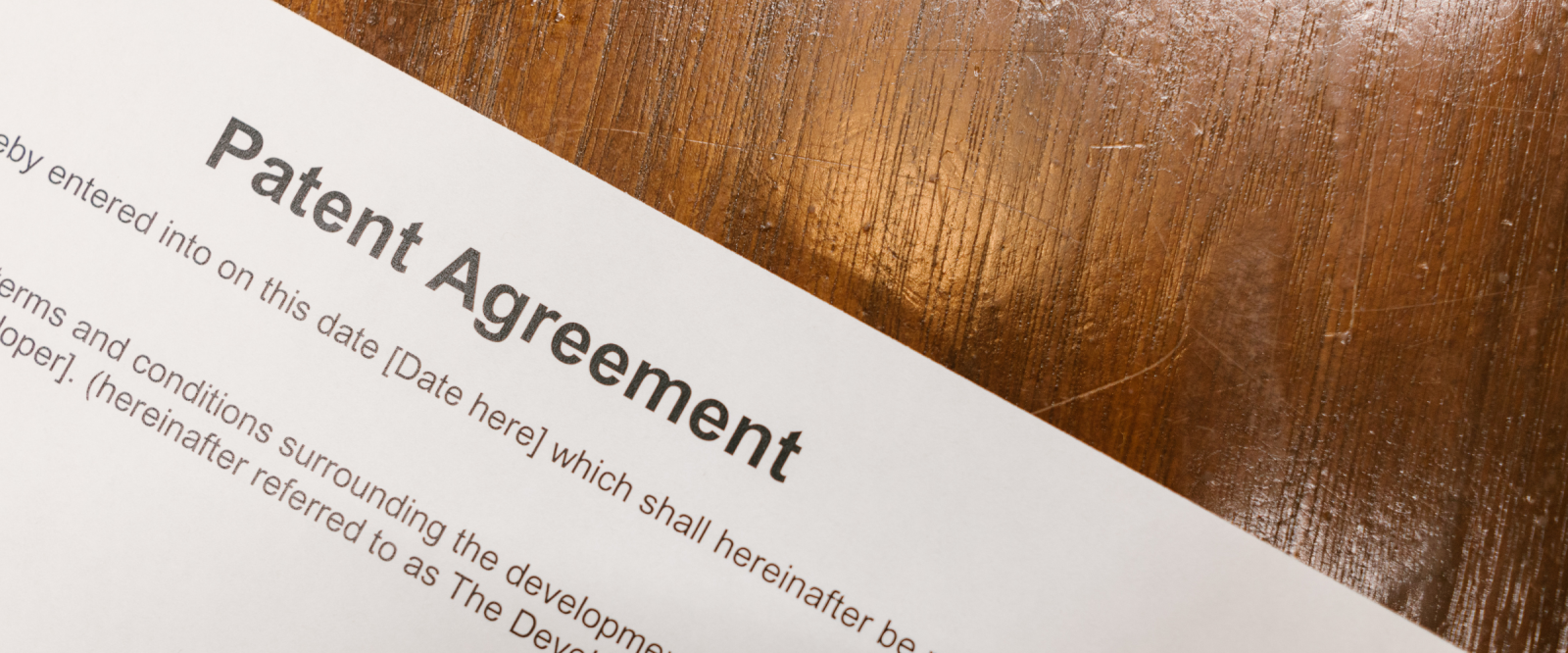Patent Eligibility Restoration Act (PERA) Reintroduced

U.S. Senators Thom Tillis (R-NC), Chairman of the Senate Judiciary Subcommittee on Intellectual Property, and Chris Coons (D-DE), and Representatives Kevin Kiley (R-CA) and Scott Peters (D-CA) reintroduced the Patent Eligibility Restoration Act (PERA). This bicameral and bipartisan legislation would help establish greater certainty and protection for intellectual property by clarifying which inventions are eligible for patent protection in Section 101 of the Patent Act.
As bill sponsor Senator Tillis (R-NC) stated, “This bipartisan, bicameral legislation maintains the existing statutory categories of eligible subject matter, which have worked well for over two centuries, while addressing inappropriate judicially created eligibility limitations by creating clear rules for what is eligible.”
Without Congressional consideration or endorsement, the U.S. Supreme Court (SCOTUS) fundamentally altered the U.S. patent system by deciding that certain categories of innovation should not receive patents by widening the “judicial exceptions” to what is eligible to be patented under 35 U.S.C. § 101.
The newly reintroduced PERA would reset the law of patent eligibility in the US to where it was before SCOTUS substantially and significantly changed the law with landmark decisions in Mayo Collaborative Services v. Prometheus Labs., Inc., 566 U.S. 66 (2012) and Alice Corp. v. CLS Bank Int’l,573 U.S. 208 (2014). If passed, PERA would eliminate all judicial exceptions to patent eligibility, provided that the innovation then also meets the remaining requirements of the Patent Act.
MichBio will continue selling the virtues of PERA to Michigan’s congressional delegation.


